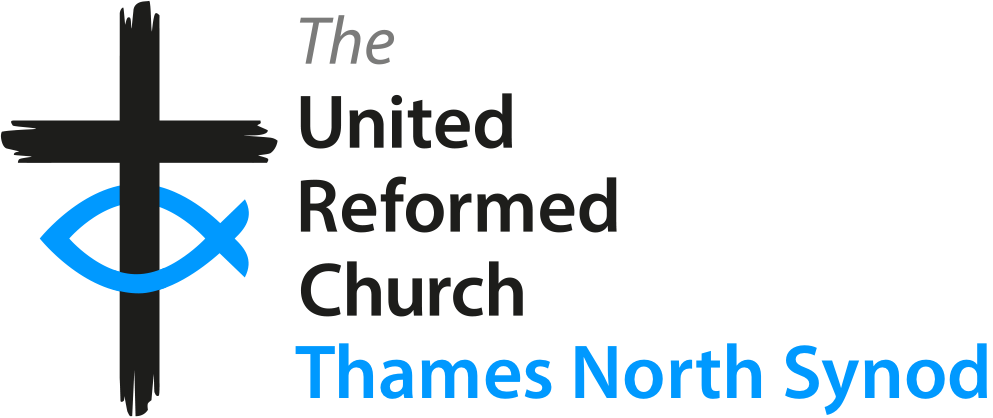Property
-
Guidance and procedures for the care, maintenance, and development of church property.
-
Information on applying for grants, loans, and the release of funds for building work.
-
Guidance on hiring out church halls, letting property, and the procedures for sales and leases.
-
Procedures for carrying out essential Annual and five-yearly Quinquennial Inspections.
-
Your legal duties regarding fire safety, asbestos, gas and electrical safety, accessibility, and more.
-
Guidance on the Regulatory Reform (Fire Safety) Order 2005, including the need for a Fire Risk Assessment.
-
Your duty to manage asbestos under the Control of Asbestos Regulations 2012, including surveys and management plans.
-
Your responsibilities as a landlord for gas safety checks in residential properties and five-yearly electrical testing.
-
Your duty to make 'reasonable adjustments' to ensure church buildings are accessible to people with disabilities.
-
CDM (Construction) Regulations
The legal requirements for managing health and safety during any construction or building project.
-
An overview of the various copyright and performance licences required for church activities.
-
-
Download essential forms, agreements, and guidance notes for property management.
-
Contact details for advice and support on all property matters.
-
Inspections & Maintenance
Procedures for carrying out essential Annual and five-yearly Quinquennial Inspections.
Quinquennial Inspections (Every Five Years)
A Quinquennial Inspection is a five-yearly professional assessment of the condition of your church buildings and manse. It provides a detailed report on the state of the buildings, listing defects and prioritizing repair and maintenance work with an idea of cost. This helps ensure that church resources are used as economically and effectively as possible.
For Listed Buildings, a Quinquennial Inspection carried out by a suitably qualified Architect or Surveyor is a legal requirement. For all other properties, it is a strong recommendation and a requirement for any church seeking financial assistance from the Synod for building work.
The Synod Property Development Worker oversees the arrangements for Quinquennial Inspections and will remind churches when an inspection is due. However, the responsibility for arranging the inspection lies with the local church trustees (Elders).
The consultant's final report will be sent to the church, with a copy also provided to the Synod.
You can download the full 'Quinquennial Inspection Procedure 2024' document from our Property Resources & Forms page.
Annual Inspections
In addition to the five-yearly professional inspection, local churches should carry out their own Annual Inspection of all church properties, including the manse. This should be a thorough visual check of the building's condition, conducted using the Synod's questionnaire pro-forma.
This regular check helps to identify any maintenance issues before they become serious and ensures the ongoing care of the buildings. Copies of these annual inspection sheets should be kept and passed to the professional surveyor when they carry out the next Quinquennial Inspection.
The 'Annual Inspection pro-forma' is available for download on our Property Resources & Forms page.
